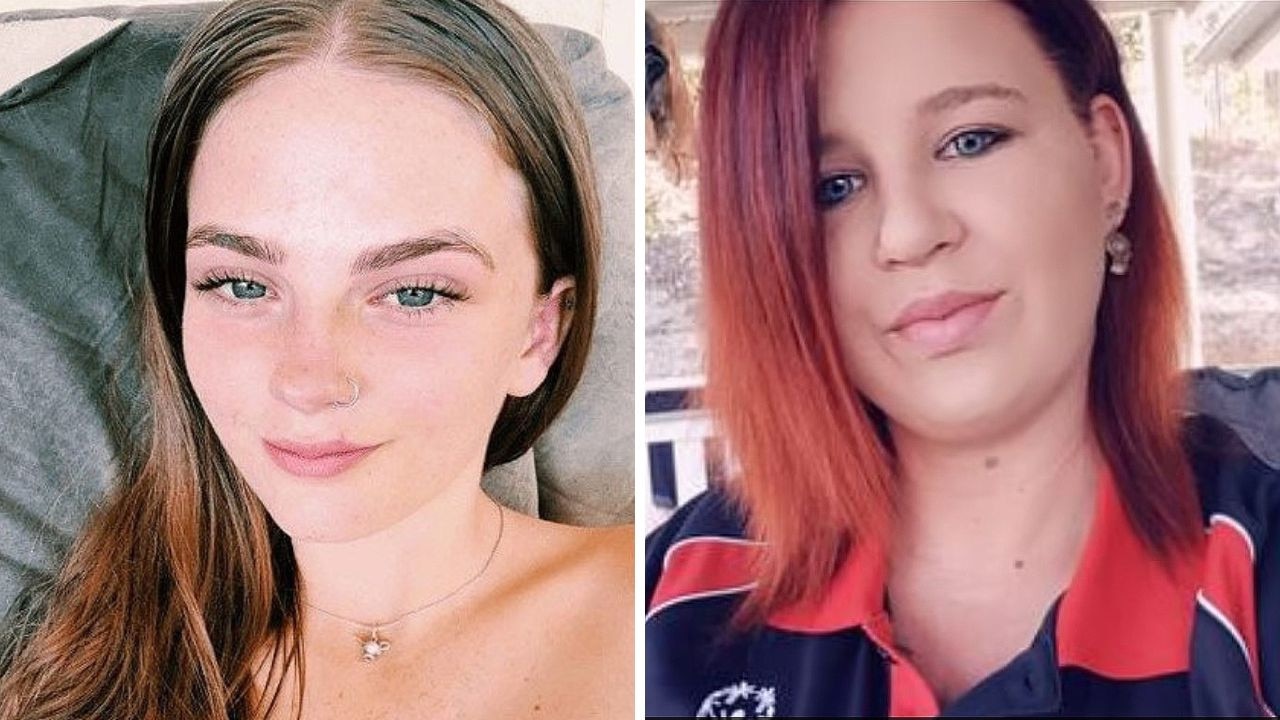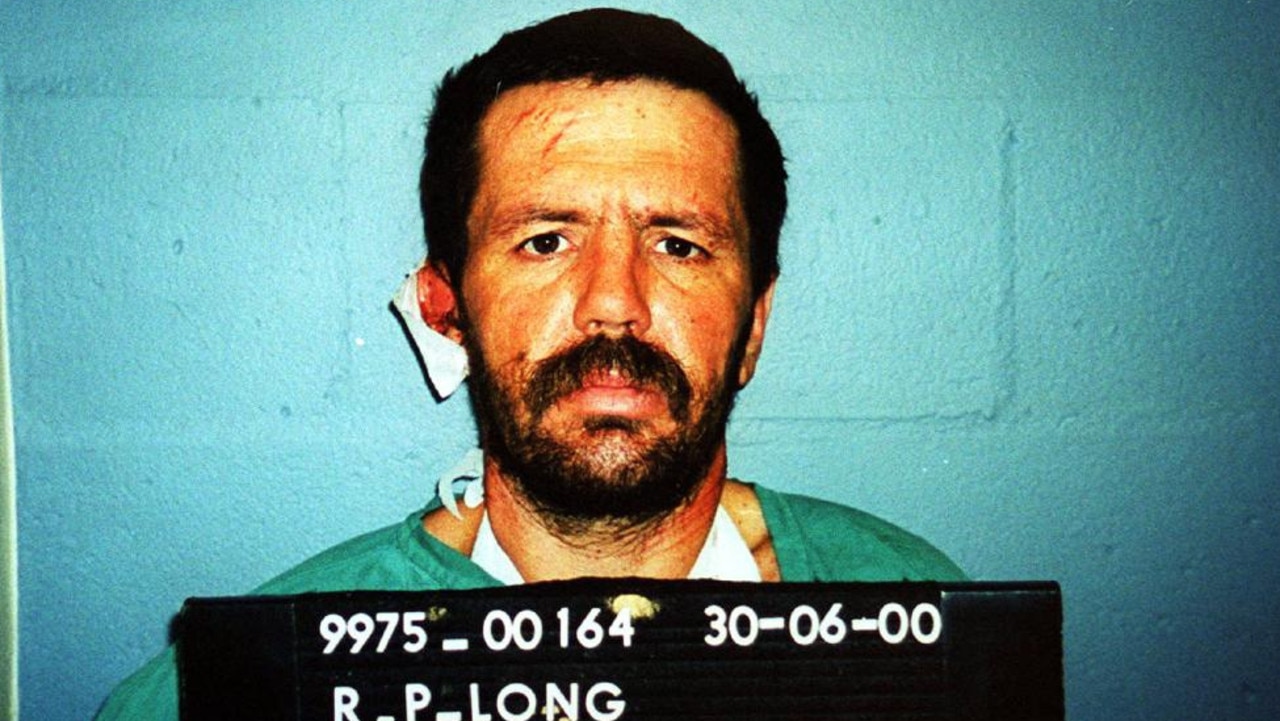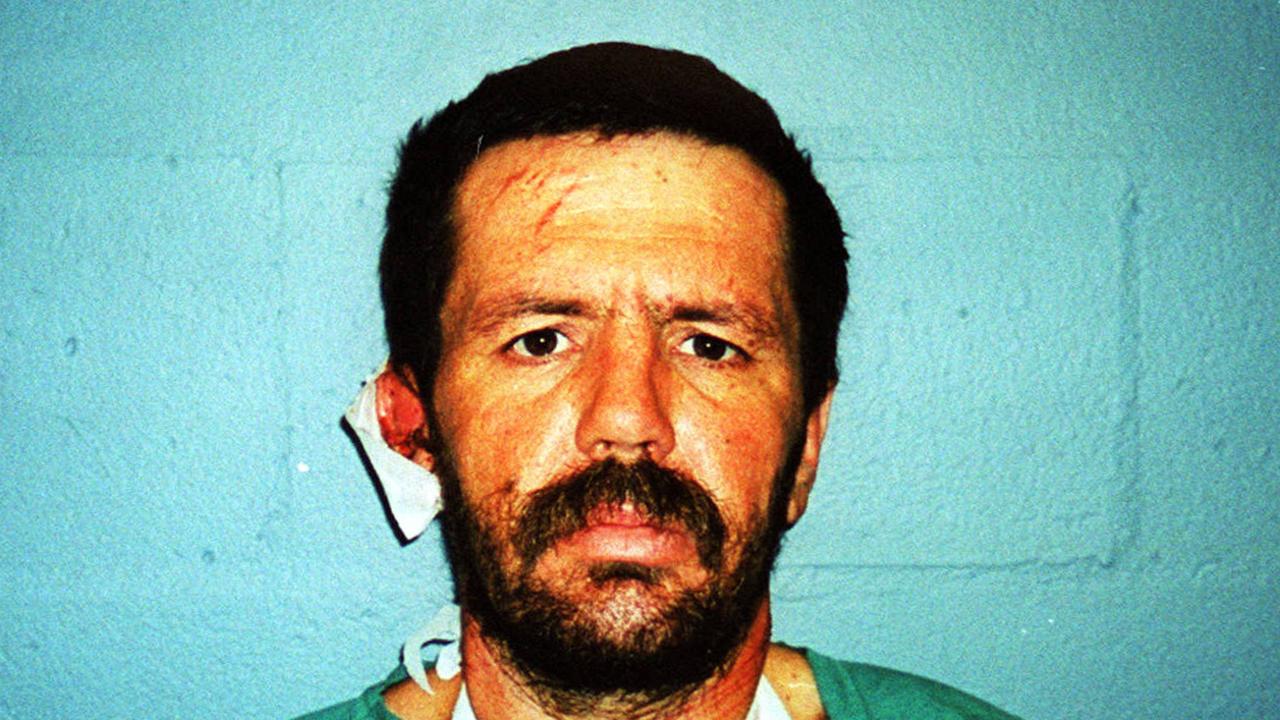Boy, 13, was on bail, had driven stolen car at 200kmh weeks before triple fatal
As families of three crash victims desperately await sentencing of the teen car thief responsible, insiders warn the proposed time served could be as little as one year for each life.
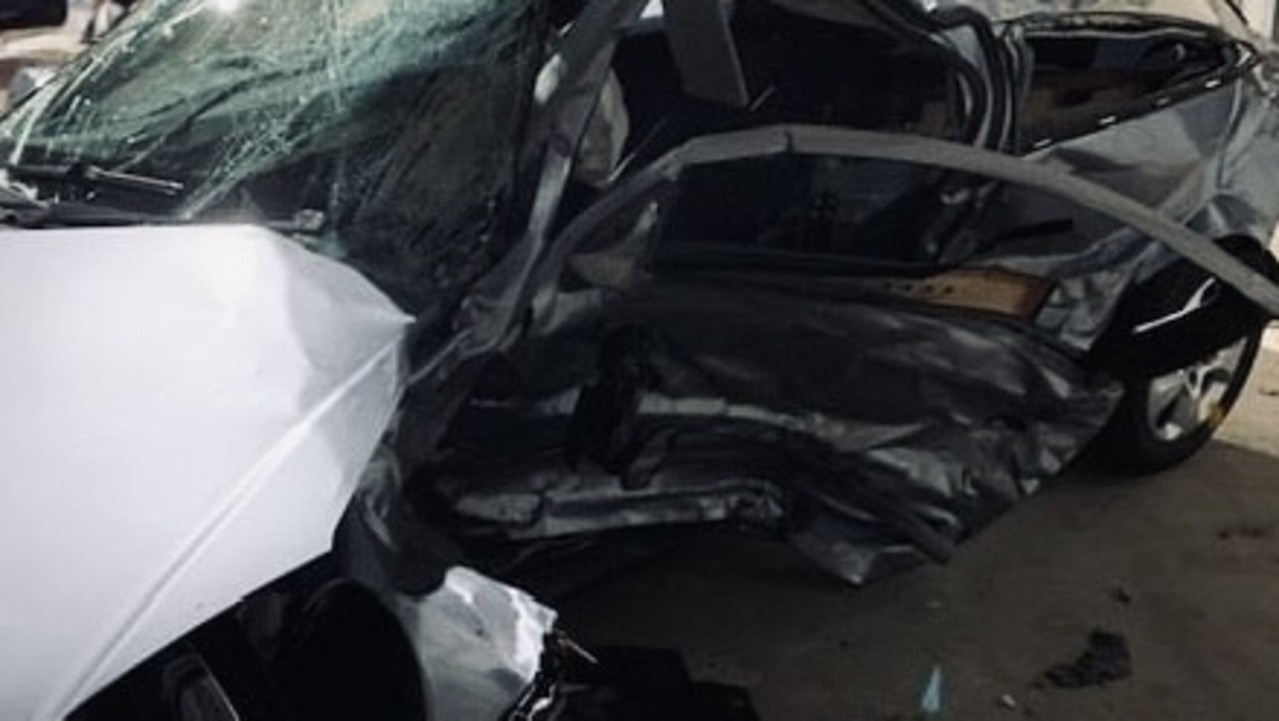
Police & Courts
Don't miss out on the headlines from Police & Courts. Followed categories will be added to My News.
In an ominous warning of what he’s capable of, a 13-year-old boy behind the wheel of a stolen car hits more than 200kmh down the same stretch of road where just three weeks later he’ll kill three women in exactly the same way.
Details of this shocking prelude to what is now a notorious triple fatal tragedy at Maryborough and that the teen was on bail at the time can be revealed along with confronting new photos showing the carnage he caused.
This is after a brief reference to an earlier joy ride – further details of which have since been confirmed by this publication – was made in court this week during the cross-examination of a forensic psychologist.
The boy, who was known to police as being part of a teen car-stealing ring, was picked up in Hervey Bay by a co-accused in a car which had been stolen from Maryborough about 2am on April 9.
“He drove himself and others from Hervey Bay back to Maryborough,” Crown Prosecutor Chris Cook told the court.
“That was at speeds of approximately 200kph on the Hervey Bay Maryborough Rd.
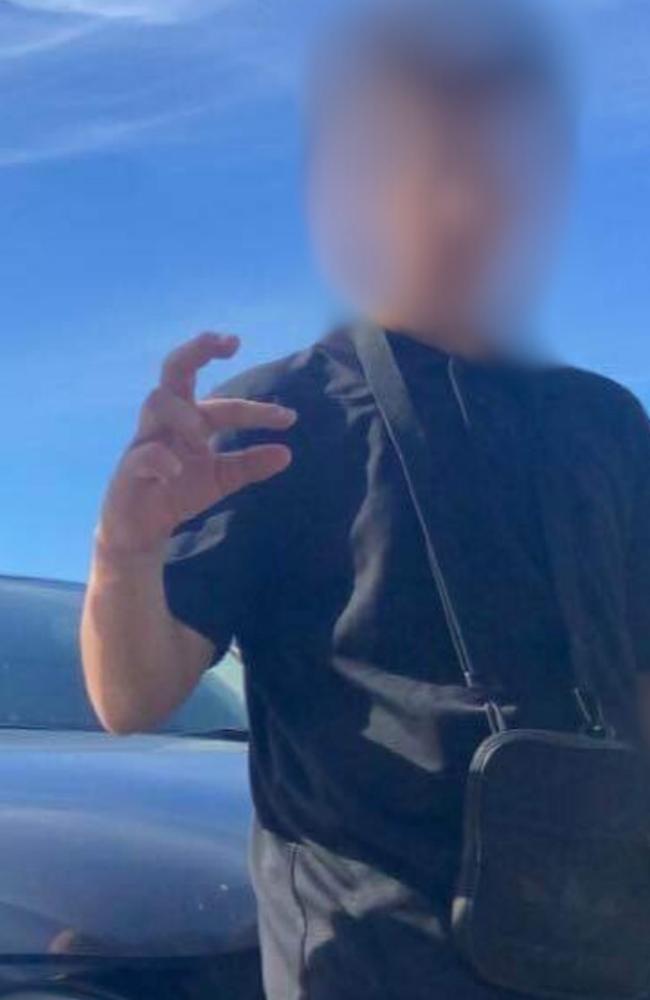
“He stated while doing so, his co-accused climbed out of the car, hanging out on the roof of the car, while at such speeds (that) the bonnet of the vehicle flew up, smashed into the windscreen and caused damage to that part of the car.”
The boy then dumped the car at Maryborough.
While multiple departments would not be drawn on whether the boy was charged specifically for the events of April 9, it is understood he was on bail in the weeks leading to the triple fatal crash.
This publication also previously revealed he’d been sent to Bundaberg but on the eve of the crash, was picked up by a 15-year-old in a stolen car and driven back to the Fraser Coast.
The Hervey Bay Maryborough Rd where that April 9 joy ride took place turns into Saltwater Ck at the entrance to Maryborough where a permanent memorial marks the spot where the city was changed forever on April 30.
Driving at more than 200kmh in a stolen Mercedes “in a manic way” the same 13-year-old boy loses control and causes a crash killing 52-year-old nurse Sheree Robertson, youth pastor and occupational therapist Michale Chandler, 29 and 17-year-old dancer and Riverside Christian College graduate Kelsie Davies.
He’s since pleaded guilty to three counts of dangerous operation of a vehicle causing death.
NEW LAWS COME TOO LATE AS MUM MOURNS CRUEL IRONIES
That new Adult Crime Adult Time legislation comes too late for her little girl is not lost on Susan Marcus nor is the cruel irony that had their paths crossed under different circumstances, the boy would have been just the kind Kelsie wanted to help.
“She worked for the church for youth, that was her job,” her victim impact statement read.
“She used to plan Friday nights and weekends and picnics to stop kids from going down that path, and here’s this kid sitting there – yeah, it’s just very sad.
“Trying to give them things, get them off the street, give them something productive to do without drinking, without smoking, without drugs, and still have a great time.”
Speaking outside court Ms Marcus said she was “sad” the new laws weren’t in place but still felt “really confident the judge will do his best with what he has got to try and give us some form of justice, but it will never be enough of course”.
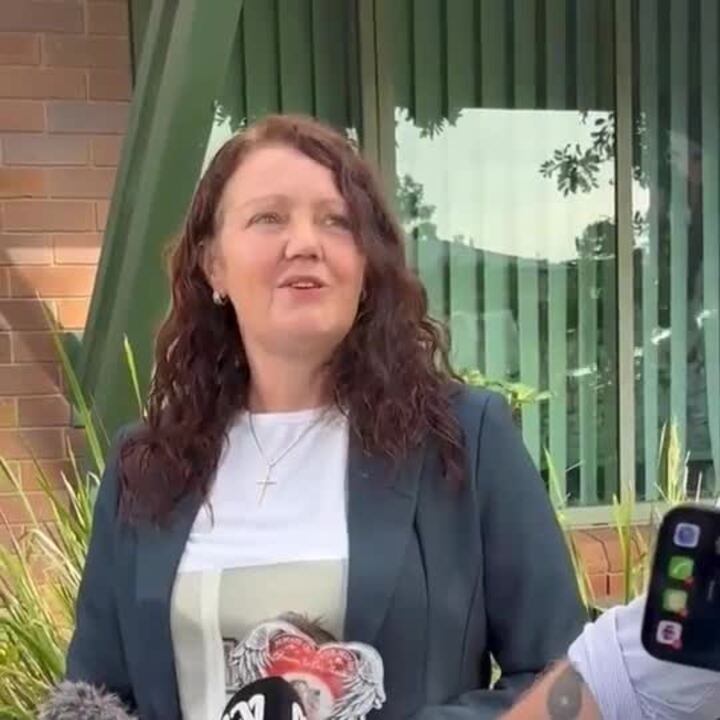
However, according to reliable sources close to the case, the teenage boy’s defence barrister is expected to ask for a sentence as low as five years in total with just three of those years – effectively one for every life – to be served behind bars.
This means that should the judge agree with this submission and take into account the time already served; the boy could be out by 16 having never served a day in adult prison.
The Department of Justice and newly appointed Attorney-General Deb Frecklington was asked what the new proposed minimum and maximum sentences for a youth on the charges of unlawful use and dangerous operation of a vehicle causing death would be and if the AG would consider an appeal should the sentence be deemed inadequate.
However, only a generic response was received (it’s understood policy is not to comment on cases still before the court and sentencing framework for the new legislation is still being drafted).
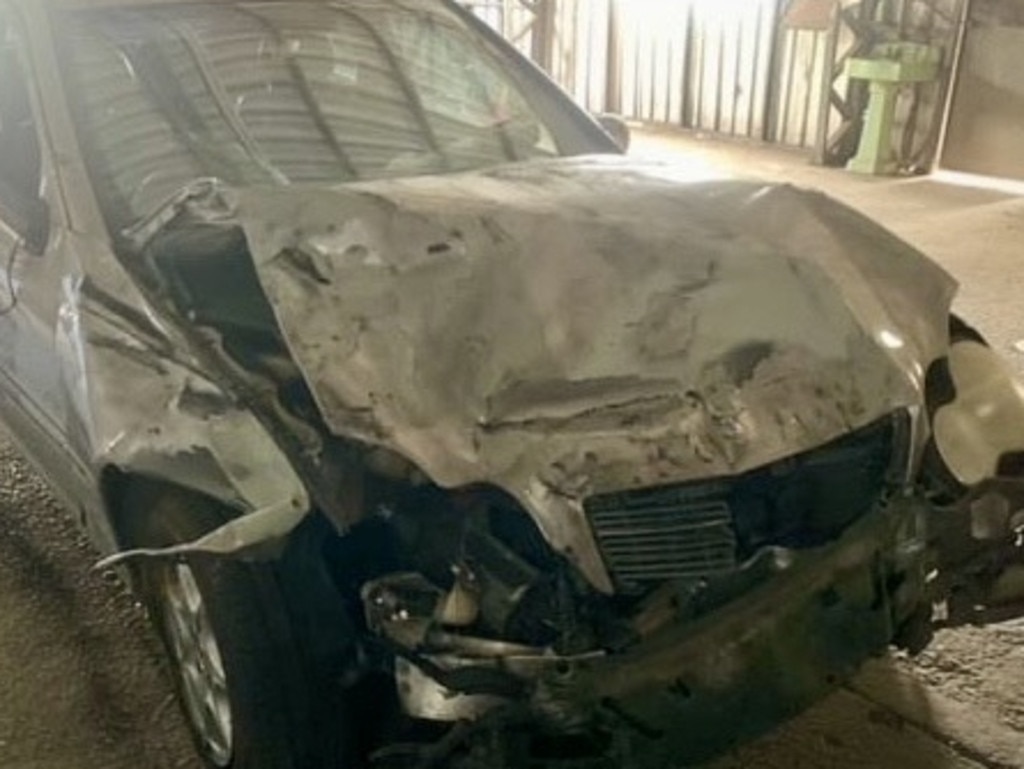
The statement from Ms Frecklington simply said: “Communities across Queensland have been forced to deal with Labor’s youth crime crisis for years.
“The former Labor Government weakened the laws, creating a generation of young criminals who see themselves as untouchable.
“The Crisafulli Government has committed to legislating the Making Queensland Safer laws before Christmas.
“Our proposal to strengthen the laws, including Adult Crime, Adult Time, were overwhelmingly backed by Queenslanders at the election and are a high priority to restore confidence and ensure safety in communities throughout the state.
“The Crisafulli Government will deliver a justice system that puts the rights of victims of crime front and centre.”
‘LACKING EMPATHY BUT WE CAN’T CALL HIM A PSYCHOPATH’
A top psychologist has warned the teenage boy, who bragged about the crash to his youth detention peers, will remain a “high risk to the community” even after serving time without critical intervention.
This is after the court heard previous attempts by Youth Justice at intervention had so far failed.
While a pre-sentencing report from Youth Justice claimed the boy was at a low risk of violent and recidivist offending, Brisbane-based clinical and forensic psychologist Dr Luke Hatzipetrou disagreed.
Instead, his ratings ranged from moderate to high – the latter of which he confirmed once being made aware of a number of new factors.
The court heard that 21 days before the triple fatal crash the boy had driven “in similar circumstances but not with the same tragic consequences” and the evidence showed he acted impulsively then and while on remand – recording 96 “behaviour incidents” while in youth detention.

Dr Hatzipetrou said everyone with a risk rating of moderate or above “must be engaged in some form of treatment” and that this was even more important for the boy who was lacked empathy but also had problems understanding what empathy was and it was crucial that treatment accounted for his learning abilities, childhood, understanding of right and wrong and authorities needed to be “more vigilant and modify programs to ensure he is not just learning them but able to remember and apply it”.
The court heard the boy’s belief he was a “good driver” despite crossing white lines and accelerating at dangerous speeds and then being angry when his frightened friends criticised his driving ability, was also a red flag along with his “modus operandi” for car stealing being the “freedom” he felt while behind the wheel.
The doctor explained that despite the boy’s lack of empathy, he was too young to be diagnosed with a personality order like psychopathy which typically presented after the age of 18.

The court heard the boy’s deregulated behaviour could also be linked to his “prejudicial” childhood marred by domestic violence, unstable living environment, immaturity and an ADHD-like but unconfirmed form of “cognitive impairment”.
When Crown Prosecutor Chris Cook asked if it was fair to say the boy “enjoyed doing it despite (the fact) he knew it was wrong?”, the doctor agreed.
Asked if the boy were to be released back to live with his mother or complete a sentence in custody without the intensive treatment recommended, he would “remain a high risk to the community?”, the doctor replied, “the risk assessment remains the same”.
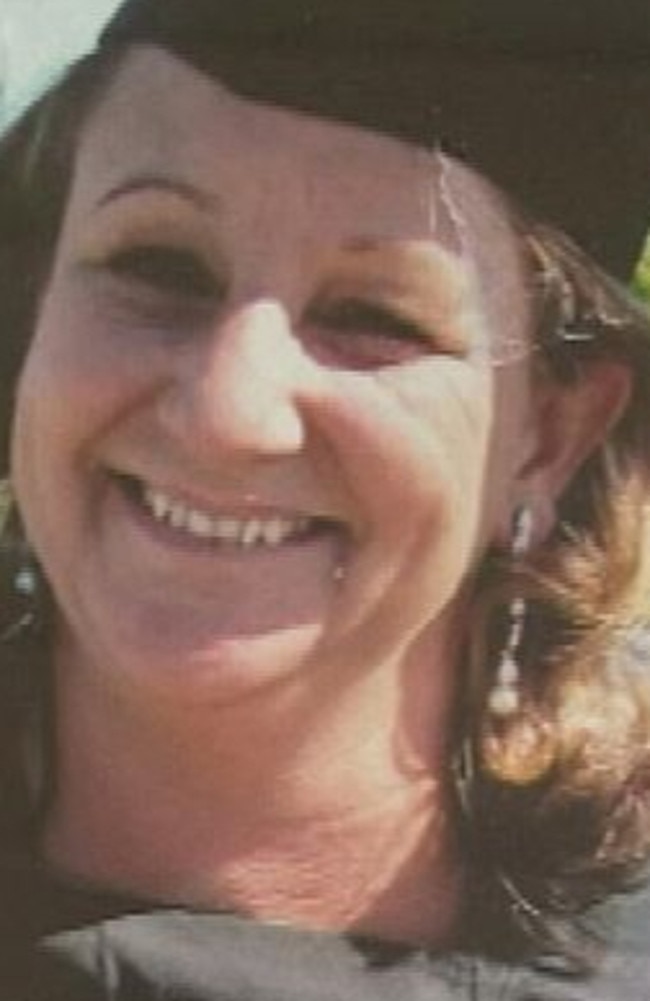
Uncertainty also surrounded the impact a previous accident, where the boy fractured his skull, may or may not have had on his brain.
There was no doubt however about the impact of the head injuries suffered by the sole survivor of the triple fatal, Kaylah Behrens.
In a statement read out on the 24-year-old’s behalf the court was told could no longer run and suffered from PTSD.
“The injuries I sustained in this accident were severe,” the statement read, explaining she required immediate surgery on her leg, after the crash left her with a bone “protruding” from her leg.
“I also suffered a traumatic brain injury which placed me in a medically induced coma for 10 days to control the swelling in my brain.”
“Losing two close friends in the accident has left a deep emotional scar,” she said in the statement.
“I struggle with survivors’ guilt and have been diagnosed with PTSD.”
The case has been moved to Maroochydore District Court where the teen will be sentenced next month.
- Additional reporting Phillip Fynes-Clinton.
More Coverage
Originally published as Boy, 13, was on bail, had driven stolen car at 200kmh weeks before triple fatal




